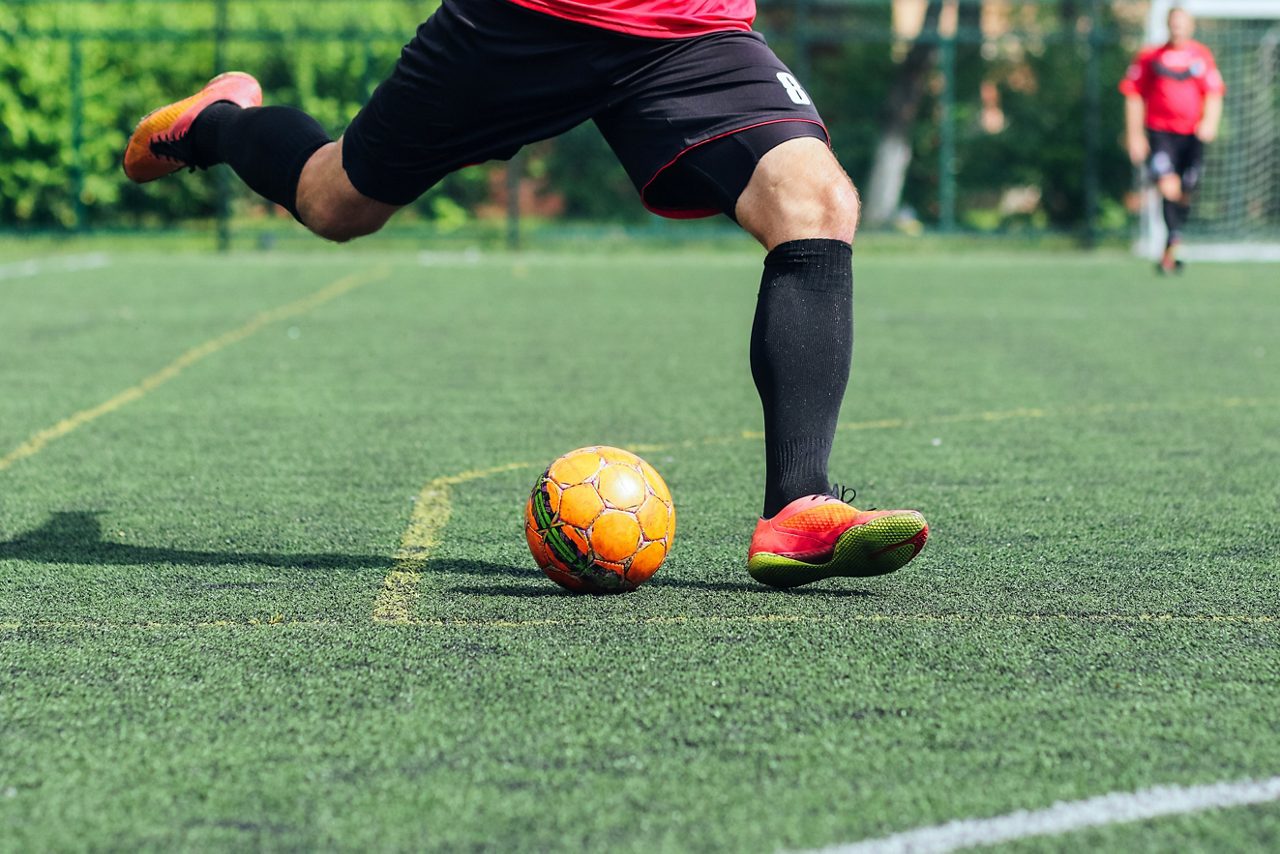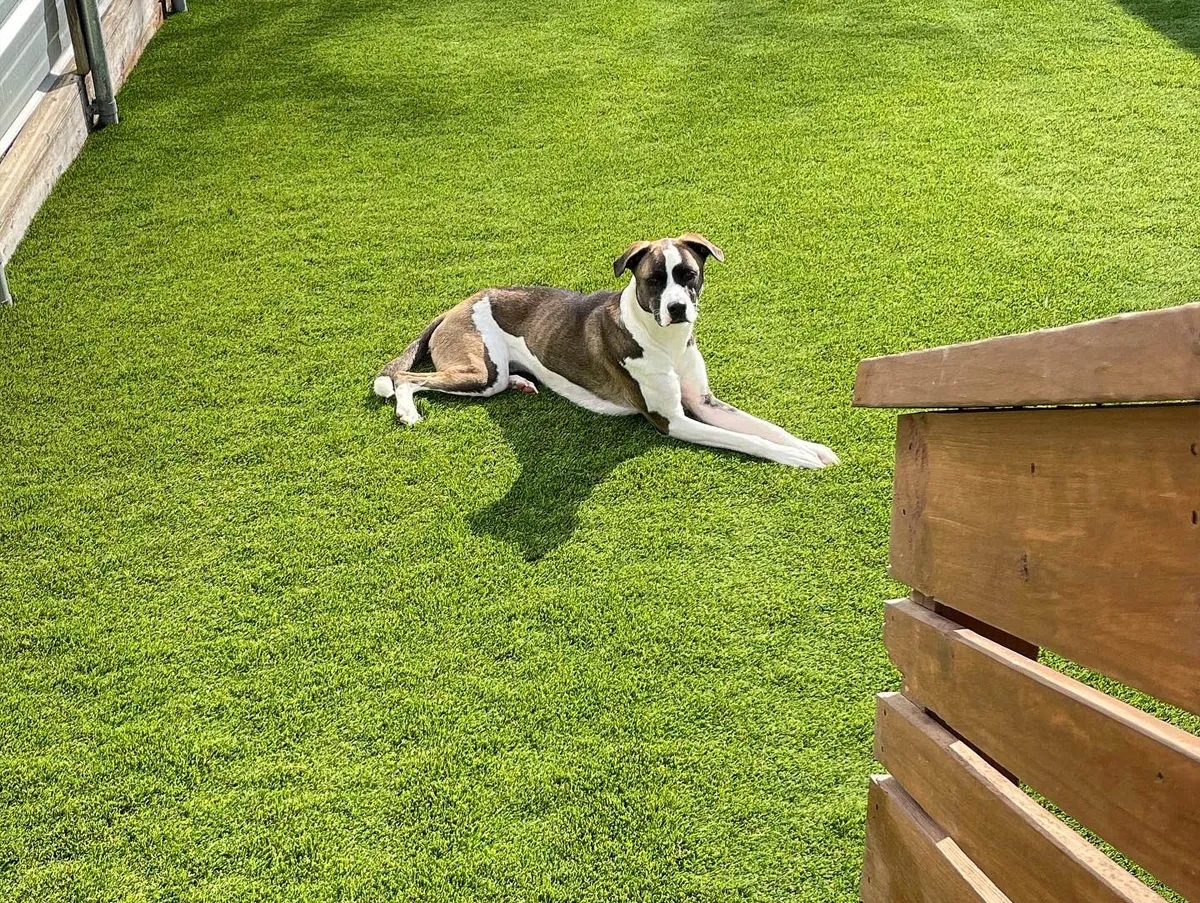Best Phoenix Turf Companies Specializing in Synthetic Grass Solutions
Best Phoenix Turf Companies Specializing in Synthetic Grass Solutions
Blog Article
Delve Into the Environmental Conveniences of Opting for Synthetic Grass Solutions
The fostering of synthetic grass services presents a compelling opportunity to address pushing environmental difficulties. By significantly reducing water usage and lessening the application of hazardous chemicals, these alternatives not only promote sustainable landscaping yet also safeguard neighborhood ecosystems. Moreover, the lower carbon impact connected with reduced upkeep tasks contributes to an extra lasting method to land management. However, the implications of these benefits prolong past mere preservation initiatives, questioning concerning their long-term impact on environment preservation and general eco-friendly balance. Discovering these measurements discloses an intricate interplay worth taking into consideration.
Water Preservation Benefits
Among one of the most significant benefits of synthetic grass is its ability to preserve water. Conventional lawn lawns call for substantial irrigation, specifically in locations vulnerable to dry spell or water constraints. On the other hand, synthetic grass does not need watering, dramatically lowering the overall need for water resources. This feature is especially valuable in deserts where water deficiency is a pushing problem.
By removing the need for routine watering, synthetic grass adds to lasting landscape methods and helps mitigate the environmental influence of extreme water consumption. The preservation of water prolongs to the reduction of runoff, which can lead to dirt erosion and waterway air pollution.
Additionally, the setup of synthetic grass allows communities and property owners to designate water resources more successfully, concentrating on essential uses such as alcohol consumption water and farming. The change in the direction of fabricated lawn not just promotes accountable water usage yet additionally straightens with more comprehensive ecological goals intended at preserving natural deposits.
As communities significantly focus on sustainability, the water preservation benefits of synthetic grass offer an engaging case for its fostering in household and business landscape design projects.
Reduced Chemical Usage
The change to man-made turf significantly lowers the dependence on chemical therapies generally utilized in natural turf maintenance. Standard lawn monitoring generally includes the application of plant foods, chemicals, and herbicides to promote growth and control pests. These chemicals can pose risks to human wellness, regional wildlife, and the atmosphere, adding to soil and water contamination.
On the other hand, artificial grass removes the need for these harmful materials. When installed, it calls for very little upkeep, mostly containing normal cleaning and infrequent infill replenishment. This decrease in chemical use not only benefits the prompt setting yet also adds to broader ecological security. By reducing the launch of synthetic compounds right into the ecosystem, fabricated turf advertises much healthier soil and water supply.
Moreover, the lack of chemical drainage connected with synthetic grass installations helps safeguard regional waterways from pollution, supporting water life and maintaining biodiversity. Phoenix turf companies. As neighborhoods progressively focus on lasting methods, choosing synthetic grass offers a practical service that straightens with ecological preservation objectives. Through this shift, homeowner can delight in lush green areas without jeopardizing ecological health, leading the way for an extra lasting future
Lower Carbon Footprint

In addition, the setup of artificial turf can result in significant water preservation. Natural yards require considerable quantities of water for irrigation, which not just includes to the carbon impact connected with water removal and treatment but also pressures neighborhood water resources. In comparison, synthetic grass needs very little upkeep, needing no watering, thereby significantly minimizing water usage and its associated energy prices.
In addition, the longevity of useful reference synthetic grass contributes to its lower carbon effect. With a life-span of up to 15 years or more, the requirement for constant replacements is reduced, leading to much less waste and reduced power consumption in production and dealing with conventional turf alternatives. Generally, synthetic grass presents a lasting option for eco aware landscaping.
Environment Conservation
Environment preservation is a critical factor to consider in the argument over landscape design selections, especially when contrasting fabricated grass to natural lawn. Natural grass yards typically require comprehensive maintenance, consisting of the usage of chemicals, herbicides, and fertilizers, which can adversely impact regional ecosystems. These chemicals can leach right into the soil and rivers, damaging native vegetation and fauna and disrupting regional habitats.
In contrast, man-made lawn offers a possibility to reduce the eco-friendly footprint of landscape design. By selecting artificial turf, house owners can reduce the disruption of natural habitats connected with conventional lawn treatment techniques. Synthetic grass removes the need for dangerous chemicals, consequently shielding close-by wildlife and keeping the integrity of bordering ecological communities. Moreover, the installment of synthetic grass can lead to the conversion of former lawn areas right into more biodiverse landscapes, such as pollinator yards or indigenous plant areas, which can support local wildlife.
Eventually, the shift to synthetic lawn not only preserves water and lowers upkeep efforts but also cultivates an extra unified partnership in between human tasks and the all-natural setting, advertising environment conservation at the same time.
Long-Term Sustainability
Lasting sustainability is a critical consider examining the advantages of synthetic grass over typical yard lawns. Among the most substantial advantages of synthetic grass is its toughness; it can last up to 15-20 years with marginal upkeep, whereas natural yard calls for regular reseeding and substitute. This longevity minimizes the demand for consistent sources, such as water, plant foods, and pesticides, which are important for maintaining a healthy yard lawn.
In addition, synthetic grass contributes to a reduction in carbon exhausts connected with lawn treatment equipment. Standard yards typically call for gas-powered lawn mowers, trimmers, Clicking Here and blowers, all of which contribute to air contamination. Turf installation phoenix az. On the other you could try these out hand, synthetic grass gets rid of the requirement for such equipment, advertising a cleaner environment
Additionally, the production of synthetic grass progressively uses recycled materials, improving its sustainability profile. As makers adopt eco-friendly techniques, the environmental footprint of artificial turf continues to diminish.

Verdict
The adoption of artificial lawn remedies presents significant environmental advantages, including substantial water preservation, minimized dependence on unsafe chemicals, and a reduced carbon footprint. Fabricated grass aids in protecting all-natural environments by decreasing land disturbance and promoting long-lasting sustainability through the usage of durable materials. Jointly, these factors underscore the possibility of man-made turf to add favorably to environmental health and wellness and offer a practical option to traditional landscape design methods in an increasingly resource-conscious globe.
In comparison, synthetic turf does not need watering, considerably minimizing the general demand for water resources. By minimizing the release of synthetic compounds right into the ecological community, synthetic turf advertises much healthier soil and water systems.
In addition, the installation of artificial grass can result in substantial water conservation. In contrast, man-made grass requires marginal upkeep, needing no watering, thereby dramatically decreasing water usage and its linked energy prices.

Report this page